Great fortune for Yao Ramesar's Fortune For All at European Film Festival
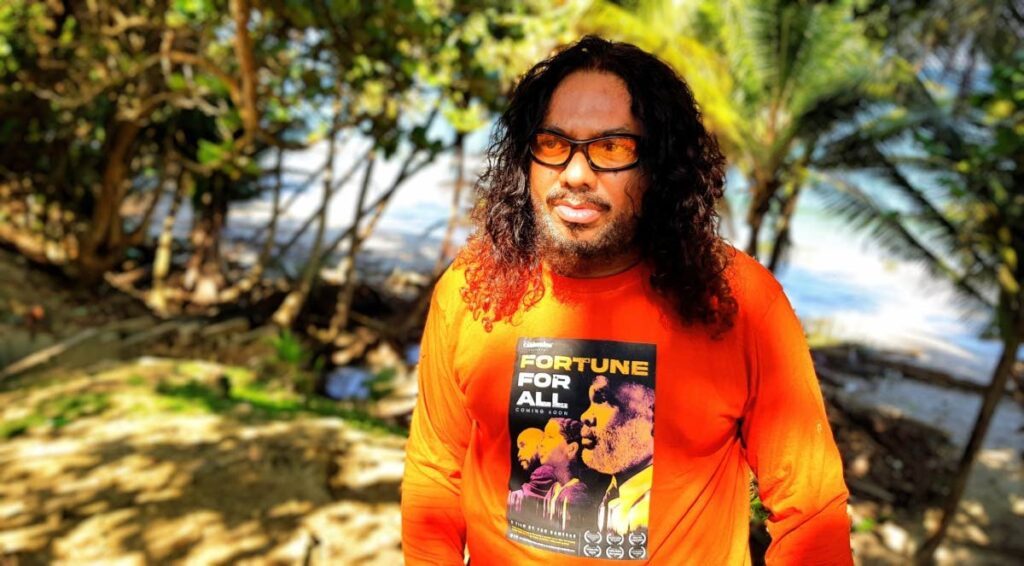
VETERAN filmmaker Yao Ramesar's 2023 narrative drama Fortune For All has won four film awards locally and internationally.
The film, which premiered on June 27 last year at the Ischia Global Film Festival, Italy, centres on three Caribbean siblings who are reunited by the death of their eldest brother.
"Marooned on the family’s coastal estate for a period of isolation, they begin talking after years of silence. A tender ode to the radio plays of the director’s childhood in the Caribbean of the 1970s," the synopsis explains.
In July the film was screened at the Luleå International Film Festival, in Sweden, and the Cacique Film Awards in Cairo, Egypt, and achieved the position of finalist in the former. It was also a finalist at the Festival International du Film Pan-Africain de Cannes, France and at the Coliseum International Film Festival in Rome, Italy.
In September, after screening at the African Film Festival in Atlanta, Georgia, US, the film came home for the Trinidad and Tobago Film Festival. It was a profitable homecoming as Fortune For All took home the award for Best TT Film.
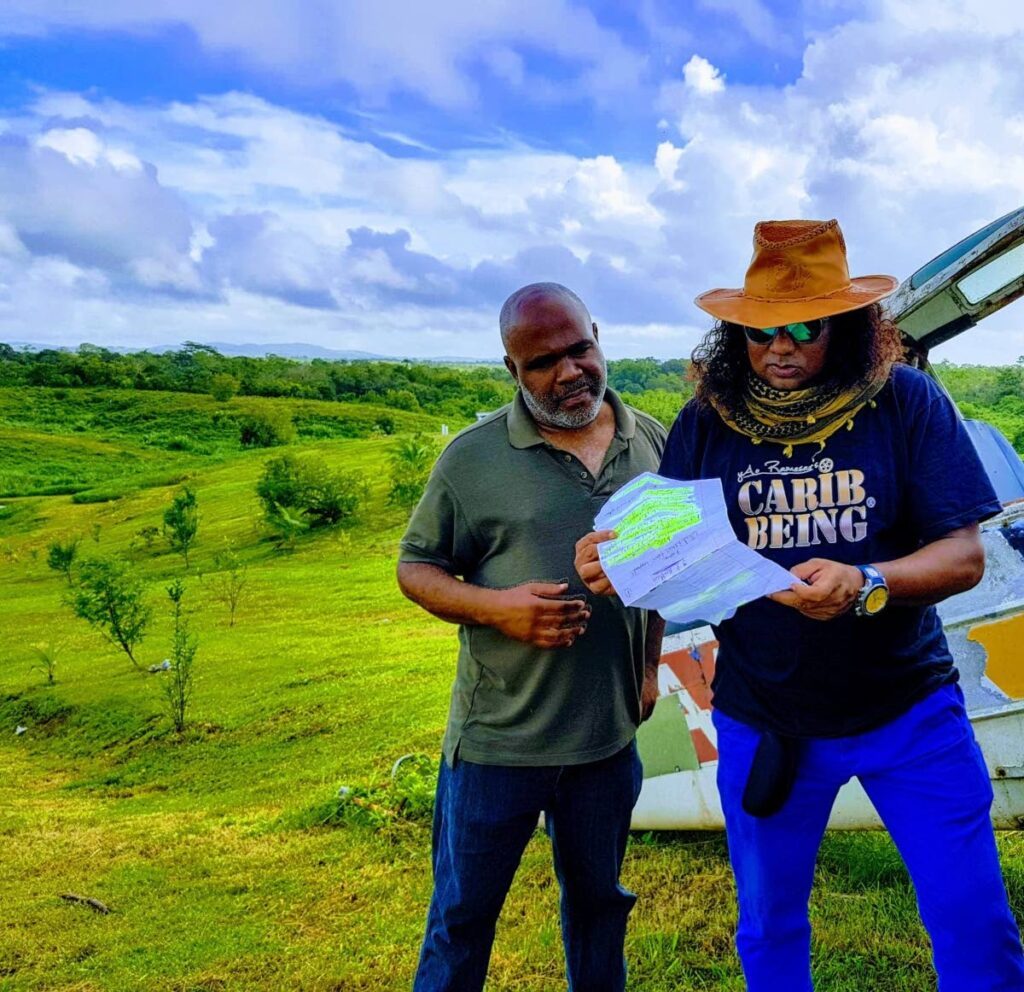
Over the next three months, the film would be screened at ten more festivals in several countries including France, Guyana, Belize, India, and Italy twice more.
It won Best Feature at both the Eastern Europe Film Festival, Craiova, Judetul Dolj, Romania and at the Paradise Film Festival, Budapest, Hungary. During his interview with Newsday last week, Ramesar learned he had won Best Director – Feature Film at the Portugal Indie Film Festival.
The Ghana-born Caribbean filmmaker of more than 140 films and co-ordinator of the UWI film degree programme said for audiences with very limited experience of the Caribbean, Fortune For All would be a "revelation."
"The kind of characters I have in the film, the music they listen to, the lives they live, it's not atypical of what perhaps is a little bit of a stereotypical understanding of who and what we are. So I think that's resonating."
He also said the language of TT is "fascinating" as well. He said the language is very rich and if the expressions were food they would be "very picante.
"We are always duelling (verbally), 'robber talk' and showdown."
Ramesar reported the film has English, French and Spanish subtitles which approximate as closely to "Trinidad and Tobago-isms" as possible. He recalled he did something similar at the Havana Film Festival in 2012 for his film SistaGod, which featured Spanish subtitles in Cuban Spanish, which the audience appreciated.
Ramesar said he is trying to get the film out to a "broad global span" and it has been screening in "very eclectic countries."
"A lot of them, this is the first time they've ever experienced a film or seen people through film from TT or sometimes from the Caribbean. It's very rare. They may have had some musical exchanges and so on (and) occasionally sports, but other than that they have never had any insight into the lives of people from TT in particular and the Caribbean in general. So it's a revelation."
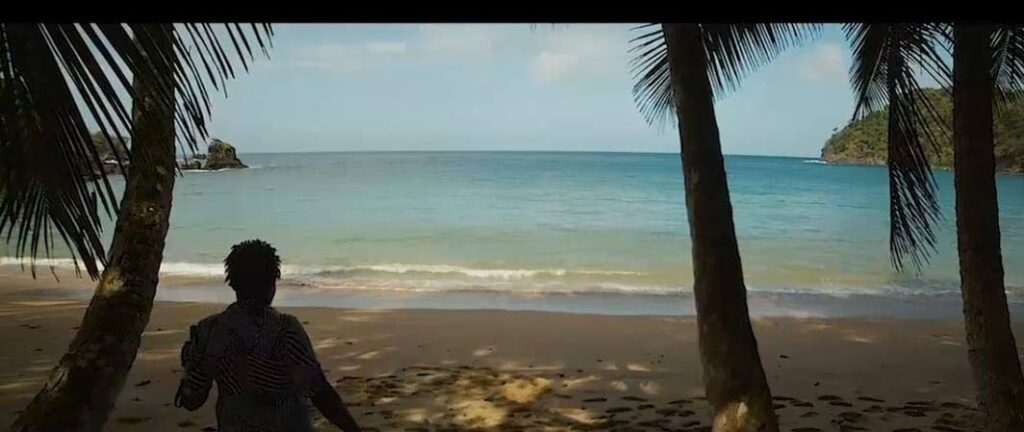
He said it goes beyond being "exotic" but the film is "very human" with universal themes. He noted in the film there is a "mysterious illness sweeping the island" like the pandemic and it begins with the death of the eldest brother.
"And there's just larger themes of life and loss and love and family and challenges that tear people apart and circumstances that bring them together."
Ramesar said many things are built into how the film is directed, including the code-switching language the actors use. Code switching in film dialogue is changing register, which sometimes includes tone, Ramesar said. "At the screening in Cannes for example, audience members wanted to know why the characters were constantly switching from standard English to the vernacular.
"This is a marker of our Caribbeaness, shared with some other cultures, what I call 'Caribbeing.'
"Trinidadians and Tobagonians, they code-switch a lot with language. If you don't understand how we roll you might think the language, the writing, (and) the dialogue is inconsistent, but it's not. We kind of have multiple personalities to how we speak to and who we speak to. And even what we think."
On the success of Fortune For All, Ramesar said his film would not have gone anywhere without the cast first. He did not hold auditions, but chose the actors himself.
"I selected people I knew who were the best and could carry a feature film – the best actors in TT land."
They include Michael Cherrie, who he said had appeared in a number of his features; Samara Lallo, whom he described as a fantastic actress and one of the best in the region; Nickolai Salcedo, who came "fresh" from his starring role in the Ulric Cross biopic Hero by Frances-Anne Solomon, and 70-year-old ingénue Rebecca Nedd.
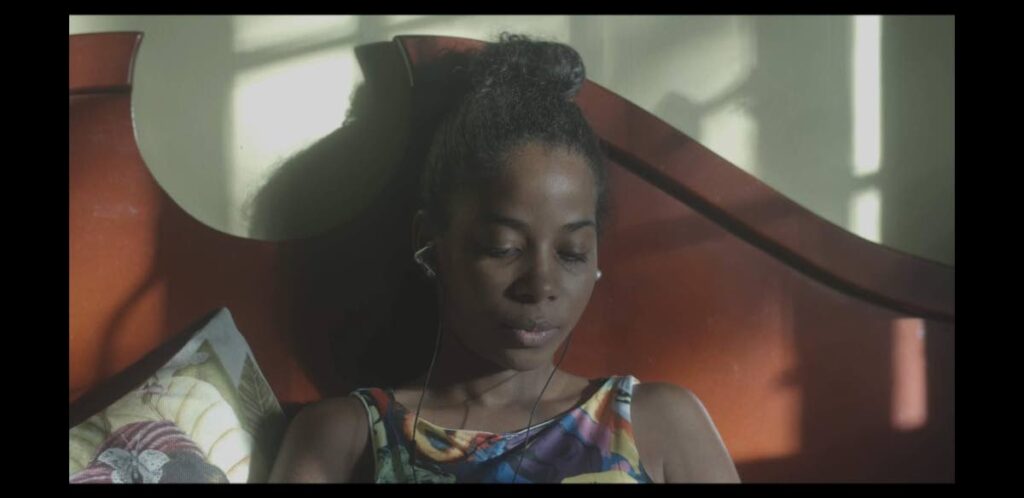
Ramesar said they were all people he felt would do their best and would be able to handle the improvisational aspects of the film. He added the film's success was also helped by the score by singer Natalia Dopwell-Gomez and her "soaring voice."
"It's a very interesting mix, because the score is not typical of what we think of from coming out of the Caribbean. I owe everything to them."
Ramesar said he wanted to show a different side of Caribbean life than what people tend to see, and the characters are a middle-class Caribbean family and "hybridised human beings."
He said the landscape, including the sea, was a character in the film in its own right. He described putting the ingredients together as a type of "alchemy."
"You blend and hopefully synchronise."
Asked what the achievement of the international awards meant for Fortune For All and the larger local industry, Ramesar said from a film culture perspective, it suggested the film was "reaching beyond all manner of boundaries to people all over the world.
"So it's speaking to them."
He added the film was of great value to them and they had got something out of it and it has been seen by a "wide swath of humanity."
"It also says we (the local film industry) can do something like this, and we can get around a bit. Tiefing a little wine in the global village – it's nice."
He stressed the cost and scale of the film industry required a larger market than the immediate market, which would be the first port of call.
"But you definitely need a wider market. And you'd like to spread it out as much as possible. It's almost like diversifying a portfolio."
He said films should not just be at the "whims and fancies" of the US market, saying the industry worldwide was globalising fast and on streaming services like Netflix and Amazon Prime there was content from Africa, Korea, India, Spain, Turkey and other countries.
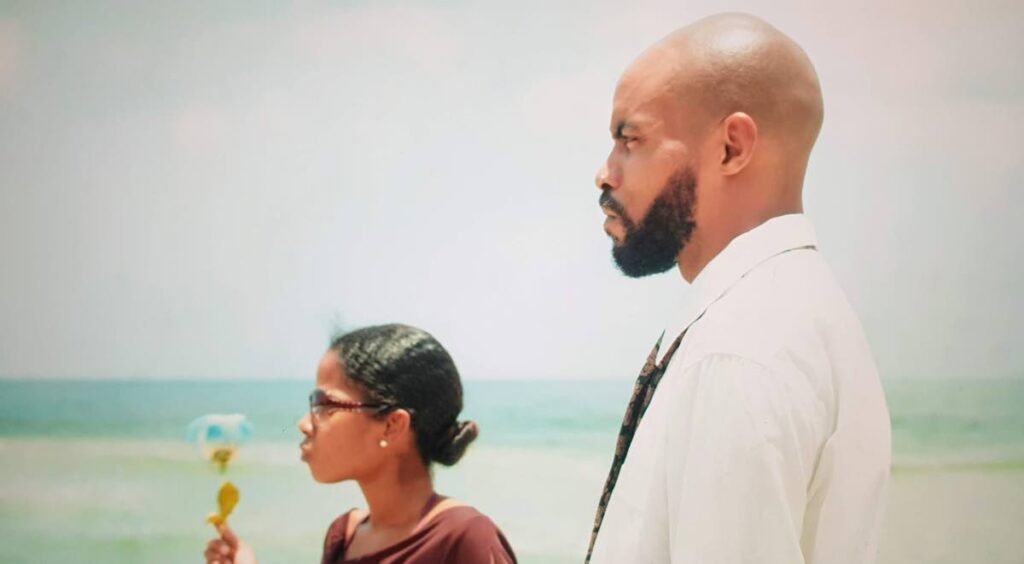
"So it is just suddenly a global thing and it's at your fingertips. This has never happened before."
Ramesar said in the past if someone wanted to see a film outside the US and the UK, they could catch a "one-off" at the cinema occasionally or rent video cassettes or DVDs. He added that with access to these international films now so easy, "it is a whole different ballgame."
Film was becoming decentralised and with the US market being finite, services like Facebook and Netflix would need to seek out a global market. He added that with global audiences came a more eclectic understanding of humanity.
"They are adjusting to suit."
He gave the example of Disney putting a person of colour in The Little Mermaid live-action remake.
"They also reaching towards a browner and more global market beyond the US as well as engaging new migrants in the US to the brand.
"It's opening up. We just have to be part of that. TT, I keep saying, in the Caribbean in general, the strength of our multiculturalism is that we are a 'world within a world.' What you have to do is get the essence of that and project it inwardly (and) then project it outwardly into the world. The world is the world, and we are eclectic like the world."
Ramesar cautioned, however, that if we try to mimic others and turn away from our uniqueness and pluralities then we lose the big advantage.
"This eclectic ecosystem we can fit right into."
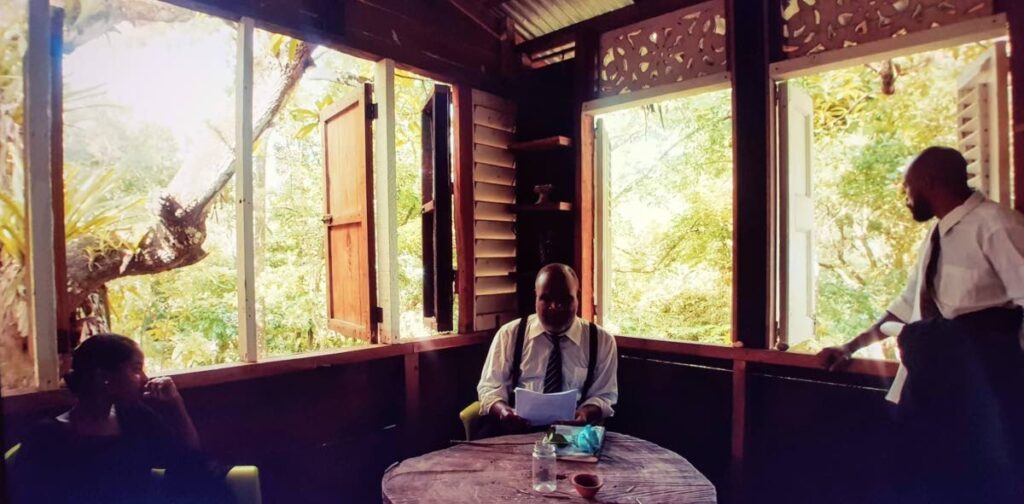
He added: "The arc of the universe of cinema is bending towards us."
Ramesar said for the local industry he would love to see more adaptations of local books and dubbing of our content for international markets.
Returning to Fortune For All, he reported it has a lot of film festivals lined up for 2024 and the "dance card" was very full.
Fortune For All will next be screened at the Tatras International Film Festival, Slovakia, scheduled for January 31, and Stockholm, Sweden on February 25.

Comments
"Great fortune for Yao Ramesar’s Fortune For All at European Film Festival"